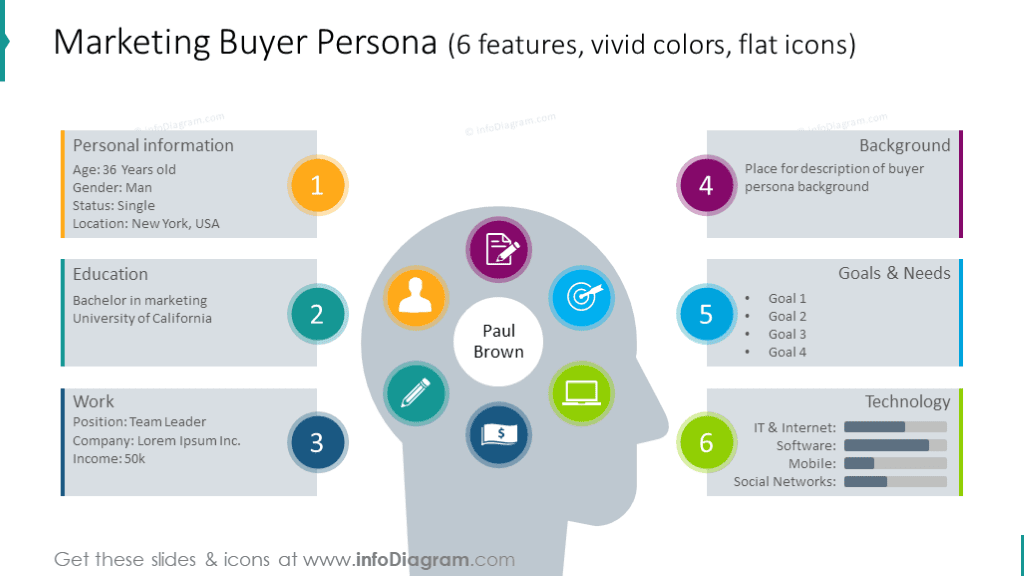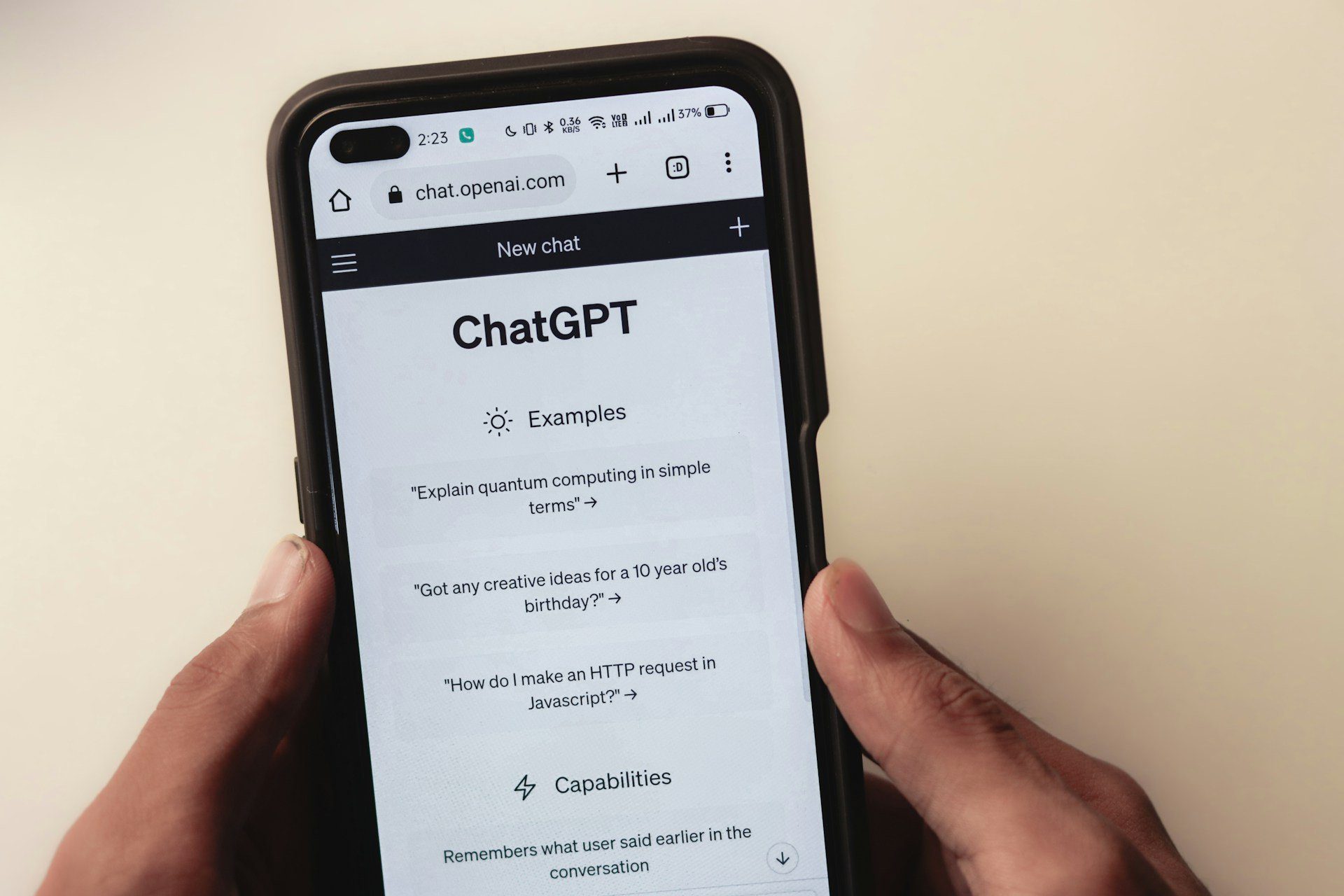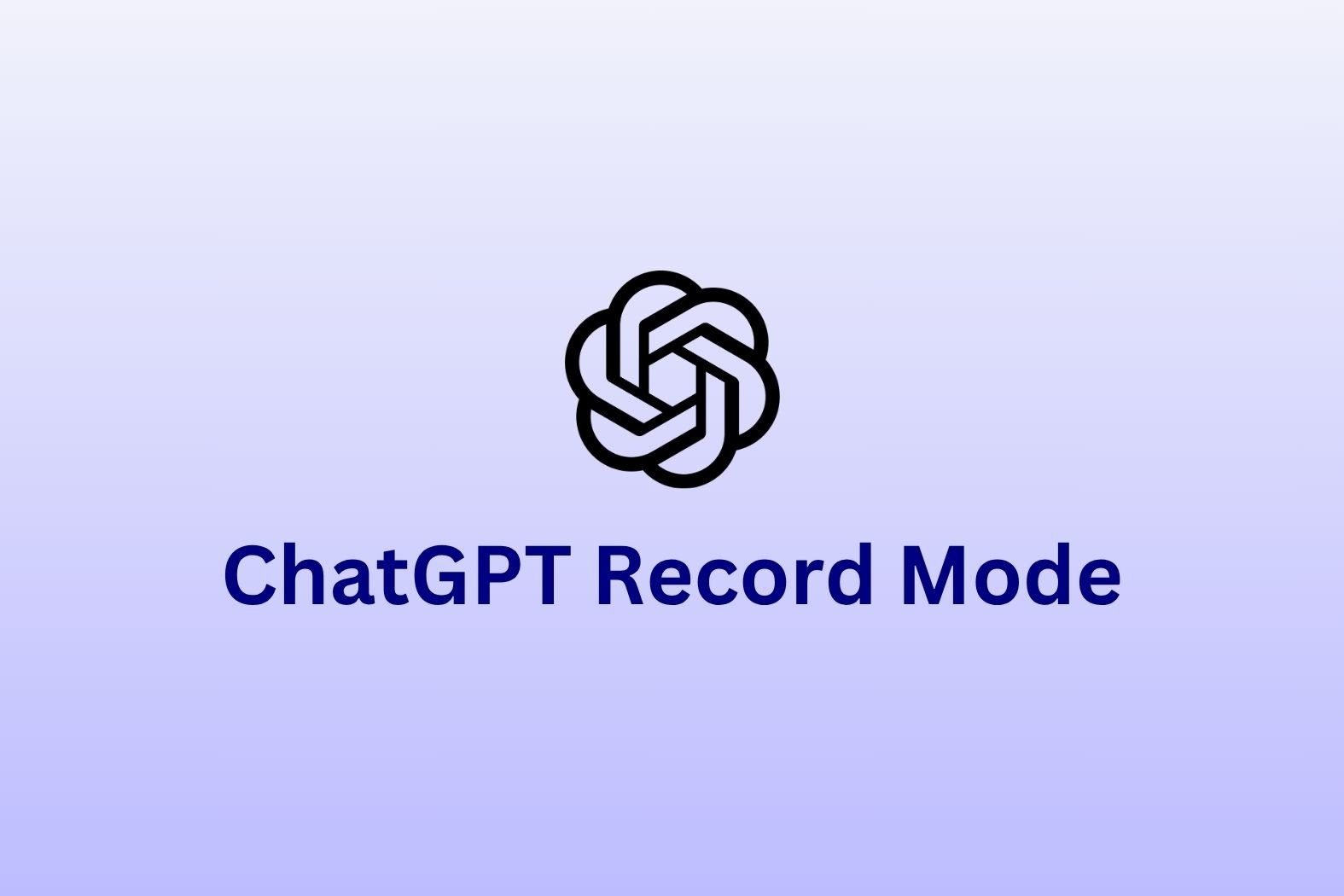Die Erstellung eines Verkaufsprogramms Playbook ist eine wichtige Aufgabe, wenn Sie ein Verkaufsteam beliebiger Größe oder Ebene leiten. Ihr playbook ist mehr als ein "Buch", es ist eine umfassende Strategie, die die Bemühungen des Teams aufeinander abstimmt, die Verkaufsmethoden verfeinert und sicherstellt, dass alle Teammitglieder mit dem Wissen und den Werkzeugen ausgestattet sind, die für den Erfolg notwendig sind. Aber wussten Sie, dass bis zu 40 % der Vertriebsteams kein solches Handbuch haben? Und in den Unternehmen, die ein solches haben, sind die Vertriebsmitarbeiter 33 % erfolgreicher.
Das Fehlen eines Verkaufsprogramms playbook kann ein großes Versäumnis sein, denn es ist Ihre Blaupause für den Verkaufserfolg. Es kann helfen, sicherzustellen, dass Sie über klare Strategien, Prozesse und konkrete Beispiele verfügen, die Ihnen und Ihrem Team helfen, jede Verkaufssituation oder jedes Szenario zu bewältigen.
Inhaltsübersicht
Was ist ein Verkauf Playbook?
Ein Verkaufshandbuch playbook ist der Leitfaden für alle Fragen des Verkaufs in Ihrem Unternehmen. Sorgfältig erstellt aus all den Erfahrungen und dem Wissen, das die Vertriebsabteilung und die Vertriebsleitung zusammengetragen haben, sollte es die Vertriebsmitarbeiter anleiten, instruieren und befähigen, ihr Bestes zu geben.
Ein gutes playbook sollte bewährte Verfahren, Verkaufsstrategien und umsetzbare Erkenntnisse in einem umfassenden Handbuch zusammenfassen. Wenn ein Vertreter, ein Vertriebsleiter oder ein Manager Zweifel hat, findet er auf playbook die Antwort und die "Unternehmenslinie".
Es ist nicht einfach, ein solches Dokument zu erstellen, und es wird im Laufe der Jahre immer wieder überarbeitet werden. Das liegt jedoch daran, dass es ein Produkt der strategischen Planung, eines tiefen Verständnisses des Marktes und der konsequenten Anwendung bewährter Techniken ist. Es ist kein Dokument, das man an einem Nachmittag zusammenschustern kann, und es erfordert den Beitrag von mehr als nur einer Person - auch andere Abteilungen sollten einbezogen werden, um es richtig zu machen.
Warum ein Verkauf Playbook?
Die Vorteile einer gut ausgearbeiteten Vertriebsstrategie playbook sind zahlreich. Es stellt sicher, dass alle Mitglieder des Vertriebsteams auf derselben Seite stehen, dieselbe Sprache verwenden und dieselben Prozesse befolgen.
Diese Einheitlichkeit ist wichtig, um potenziellen Kunden ein einheitliches Markenimage und einen einheitlichen Ansatz zu vermitteln. Wenn ein Vertreter zum Beispiel unglaublich günstige Tarife anbietet und ein anderer überhaupt keine Rabatte gewährt, kann dies zu echten Problemen führen, wenn diese Kunden miteinander sprechen oder sogar intern, wenn es um Rechnungen und Verlängerungen geht.
Darüber hinaus kann eine playbook die Einarbeitungszeit für neue Vertriebsmitarbeiter erheblich verkürzen, da sie ihnen einen fertigen Leitfaden für den Vertriebsprozess und die Strategien des Unternehmens an die Hand gibt. Für erfahrene Vertriebsmitarbeiter ist playbook ein wertvolles Nachschlagewerk, um Taktiken und Strategien kontinuierlich zu verfeinern.
Eine gute playbook bündelt die kollektive Weisheit und Erfahrung einer Vertriebsorganisation. Es ist ein lebendiges Dokument, das sich mit dem Unternehmen, seinen Produkten und dem Markt selbst weiterentwickelt.
Was sollte in einem Sales Playbook enthalten sein? Unsere 5 Must Haves
1. Umfassende Kundenprofile
Ein klares Verständnis Ihrer verschiedenen Kundenprofile sollte in Ihrem playbook enthalten sein. Und obwohl jeder Kunde ein Individuum ist, mit seinen eigenen, einzigartigen Herausforderungen, werden sie typischerweise in eine Reihe von Personas fallen.

Diese sollten nicht nur auf den "Marketingdirektor" eingehen, sondern auch ihre Motivationen, Probleme, Entscheidungsprozesse und ihr Kaufverhalten berücksichtigen. Dank dieses umfassenden Einblicks können die Vertriebsteams effektiver auf potenzielle Kunden zugehen und ihre Kommunikations- und Verkaufsstrategien auf die spezifischen Bedürfnisse und Vorlieben der verschiedenen Kundensegmente abstimmen.
Die Erstellung dieser Profile erfordert eine Kombination aus Marktforschung, Datenanalyse und, was besonders wichtig ist, Erkenntnissen aus direkten Kundenkontakten. Vertriebsmitarbeiter spielen in diesem Prozess eine entscheidende Rolle, da ihre Erfahrungen an vorderster Front unschätzbare Einblicke in die Welt des Kunden liefern. Diese Profile sollten dynamisch sein und regelmäßig mit neuen Informationen und Erkenntnissen aktualisiert werden, um Veränderungen im Kundenverhalten und Markttrends zu berücksichtigen.
Solide Kundenprofile, die auf realen Daten beruhen, können mehrere Zwecke erfüllen. Sie helfen den Vertriebsmitarbeitern, das "Warum" hinter dem Kundenverhalten zu verstehen, was eine einfühlsamere und gezieltere Verkaufsansprache ermöglicht. Sie helfen auch bei der Identifizierung potenzieller Einwände und Widerstände und ermöglichen es den Vertriebsteams, effektivere Gegenstrategien vorzubereiten. Letztlich tragen detaillierte Kundenprofile zu einem persönlicheren Verkaufserlebnis für den potenziellen Kunden bei, was zu höheren Konversionsraten und erfolgreicheren Verkaufsergebnissen führen kann.
2. Klare Verkaufsprozesse und -methodiken
Ein standardisiertes Layout der Vertriebsprozesse und der Methoden, die Sie von Ihren Vertriebsteams erwarten, ist ein wirklich grundlegender Bestandteil Ihres Vertriebs playbook. Einige Vertriebsteams setzen bestimmte Taktiken gerne ein, andere vielleicht nicht. Hier kann es auch Hinweise zu verschiedenen rechtlichen Aspekten und zur Standardisierung geben, die von den Vertriebsmitarbeitern beachtet werden müssen.
Dies wiederum stellt einen Fahrplan für alle Vertriebsteams dar, der vom ersten Kontakt bis zum Geschäftsabschluss befolgt werden kann und sicherstellt, dass jeder Schritt mit Präzision und Effizienz ausgeführt wird. Mit diesen Prozessen wird das Rätselraten eliminiert, die Vertriebsaktivitäten werden rationalisiert, und es wird ein kohärenterer und effektiverer Vertriebsansatz geschaffen. Es ist auch eine gute Möglichkeit, um zu messen, wann ein Vertriebsmitarbeiter zusätzliches Management benötigt oder vielleicht zu einem Leistungsverbesserungsplan eskaliert werden muss.
Durch die Definition und Dokumentation dieser Prozesse im Vertrieb playbook können Unternehmen eine größere Konsistenz und Vorhersagbarkeit ihrer Verkaufsergebnisse erreichen.
3. Informationen über Produkte und Dienstleistungen
Obwohl die meisten Vertreter ihre Produkte in- und auswendig kennen, ist es dennoch eine fantastische Idee, alle Details auf playbook detailliert darzustellen. Dies kann jedes Produkt oder jede Dienstleistung, alle Merkmale, Vorteile, Alleinstellungsmerkmale, Vergleiche mit Wettbewerbern und vieles mehr umfassen.
Wenn Ihre Mitarbeiter über diese Details verfügen, sind sie nicht auf Antworten angewiesen und können jede Frage, die ihnen ein Interessent stellt, selbstbewusst beantworten. Die Menschen wollen schließlich beruhigt sein, und ein umfassendes Produktwissen stärkt das Vertrauen des Käufers. Die Sicherstellung, dass die Vertriebsteams Zugang zu umfassenden Produkt- und Serviceinformationen auf playbook haben, ist der Schlüssel zur Förderung des Vertrauens und der Kompetenz in den Vertriebsinteraktionen.
4. Techniken und Skripte zur Einwandbehandlung
Einwände sind ein natürlicher Teil des Verkaufsprozesses. Eine playbook mit bewährten Strategien und Antworten auf die häufigsten Einwände ist ein sicherer Weg, um zu verhindern, dass sie sich schwieriger gestalten, als sie sein müssten. Wenn die Antworten feststehen, können die Vertriebsteams diese reibungslos bewältigen und den Schwung des Verkaufsgesprächs aufrechterhalten. Außerdem wird so sichergestellt, dass die Antworten einheitlich sind. Es stellt auch sicher, dass die Vertriebsmitarbeiter keine Funktionen anbieten, die nicht existieren, oder falsche Ratschläge geben. Selbst eine einfache Aufforderung, zu warten und auf Einwände zu hören, kann einen großen Unterschied machen. Eine Studie hat ergeben, dass 54,3 % der Vertriebsmitarbeiter, die nach einem Einwand Fragen stellen, zu den leistungsstärksten Verkäufern gehören.
5. Fallstudien und Erfolgsgeschichten
Viele Kunden wollen wissen, dass die Werkzeuge und Dienstleistungen, in die sie investieren, auch funktionieren. Social Proof und Fallstudien aus dem wirklichen Leben sind wirklich mächtige Überzeugungswerkzeuge, die Sie in Ihrem Verkaufsprogramm playbook aufbewahren sollten. Sie demonstrieren auf anschauliche Weise die Vorteile und Erfolge, die frühere Kunden erzielt haben, und liefern potenziellen Kunden einen echten Beweis für den angebotenen Wert.
Ebenso können Erfolgsgeschichten potenziellen Kunden Vertrauen einflößen und den Vertriebsmitarbeitern helfen, die positiven Auswirkungen ihrer Produkte oder Dienstleistungen auf überzeugende und glaubwürdige Weise darzustellen. Darüber hinaus sollte jedes Unternehmen regelmäßig Feedback und Erfahrungsberichte von seinen Kunden einholen. Indem Sie dafür sorgen, dass Ihr Unternehmen dies tut, in der Regel über Customer Success, können Sie sicherstellen, dass alle Fallstudien aktuell bleiben und Sie sich nicht auf Ihren Lorbeeren von vor Jahren ausruhen.
Was sollten Sie nicht in Ihren Vertrieb aufnehmen Playbook?
Auch wenn wir wollen, dass eine playbook ausführlich ist, muss sie auch kurz und prägnant sein. Ein Vertriebsmitarbeiter, der während eines Anrufs versucht, in einem riesigen PDF-Dokument Einzelheiten zu finden, wird es schwer haben. Ebenso wichtig ist es, sicherzustellen, dass die enthaltenen Informationen korrekt und aktuell sind. Es gibt einige Dinge, die zwar verlockend sind, aber die Effektivität eines Verkaufsdokuments playbook beeinträchtigen können. Dazu gehören:Übermäßig komplizierter Jargon
Auch wenn Ihre Vertriebsmitarbeiter mit dem Fachjargon vertraut sind, sind es nicht alle potenziellen Kunden und neuen Mitarbeiter. Es ist daher sehr wichtig, dass Ihr Playbook zugänglich und verständlich ist und Konzepte enthält, die leicht zu erfassen und zu formulieren sind. Fügen Sie auf jeden Fall ein Glossar mit Begriffen ein, aber machen Sie die Antworten oder geskripteten Details nicht technischer, als sie sein müssen.Irrelevante Metriken
Sie sollten sicherstellen, dass Ihr playbook eine Sammlung von Erkenntnissen und Strategien ist, und es nicht mit unwichtigen Metriken überfrachten, die sich nicht direkt auf die Vertriebseffizienz auswirken. Es mag zwar verlockend sein, alle relevanten Details einzutragen, aber achten Sie darauf, dass sich alle Daten, Statistiken und sonstigen Informationen auf die wichtigsten Leistungsindikatoren (KPI) konzentrieren, die für einen potenziellen Kunden von Bedeutung sind. Wenn Sie genauer wissen möchten, was eine Kennzahl und was ein KPI ist, dann hilft Ihnen dieses Video dabei, zu erkennen und zu isolieren, welche Kennzahlen Sie aufnehmen sollten.Statische Strategien
Der Vertrieb und die Welt entwickeln sich ständig weiter und verändern sich. Es ist sicher, dass ein playbook , das vor 2020 geschrieben wurde, heute nicht mehr so relevant ist. Stellen Sie immer sicher, dass Ihr playbook mit dem Unternehmen, dem Vertriebsteam und der Welt um Sie herum wächst. Aktualisieren und verfeinern Sie regelmäßig Ihren Ansatz und die playbook, um neue Erkenntnisse, Strategien und Marktbedingungen zu berücksichtigen.
BONUS SUGGESTION: Steigerung Ihres Umsatzes Playbook
Viele playbooks sind ein einfaches ebook oder PDF, aber es gibt die Möglichkeit, sie zu erweitern, um sie reichhaltiger und interaktiver zu machen.
Eine großartige Möglichkeit, Ihr playbook zu verbessern, besteht darin, Videos von realen Szenarien und Anrufen einzubinden. Die Einbindung von Beispielen aus realen Verkaufsgesprächen in Ihr Sales playbook ist mit Tools zur Aufzeichnung von Videoanrufen und KI wie tl;dv nahtlos möglich. Diese Technologie ermöglicht das Schneiden und Einfügen von präzisen, wirkungsvollen Momenten aus Anrufen und versorgt Ihr Team direkt im playbook mit nachvollziehbaren und effektiven Strategien.
Ihr Vertrieb Playbook kann den zukünftigen Erfolg fördern + Ressourcen
Wie Sie sehen, ist ein gut gestaltetes playbook nicht nur ein Dokument, sondern ein nützlicher Unternehmenswert, der die Effektivität und Einheitlichkeit Ihres Verkaufsteams wirklich verbessern kann.
Durch die kontinuierliche Aktualisierung mit Beispielen aus der Praxis, den Einsatz von Tools wie der Aufzeichnung von Videogesprächen, um dem Ganzen einen zusätzlichen Kontext zu geben, und durch die Verfeinerung Ihrer vertriebsweiten Strategien auf der Grundlage von Kundenfeedback und der sich entwickelnden Marktdynamik bleibt Ihr playbook ein lebendiger, atmender Leitfaden, der mit Ihrem Team wächst. Durch die Einbeziehung der fünf oben genannten Beispiele wird sichergestellt, dass Ihr Vertriebsteam, egal ob Ihr playbook 15 oder 200 Seiten umfasst, in der Lage sein wird, Wert, Konsistenz und insgesamt die Werkzeuge und Schlüssel zu finden, um mehr Geschäfte abzuschließen und einen großartigen, kundenorientierten Service zu bieten.
Einige großartige Beispiele und Vorlagen für Verkäufe finden Sie unter playbooks :














